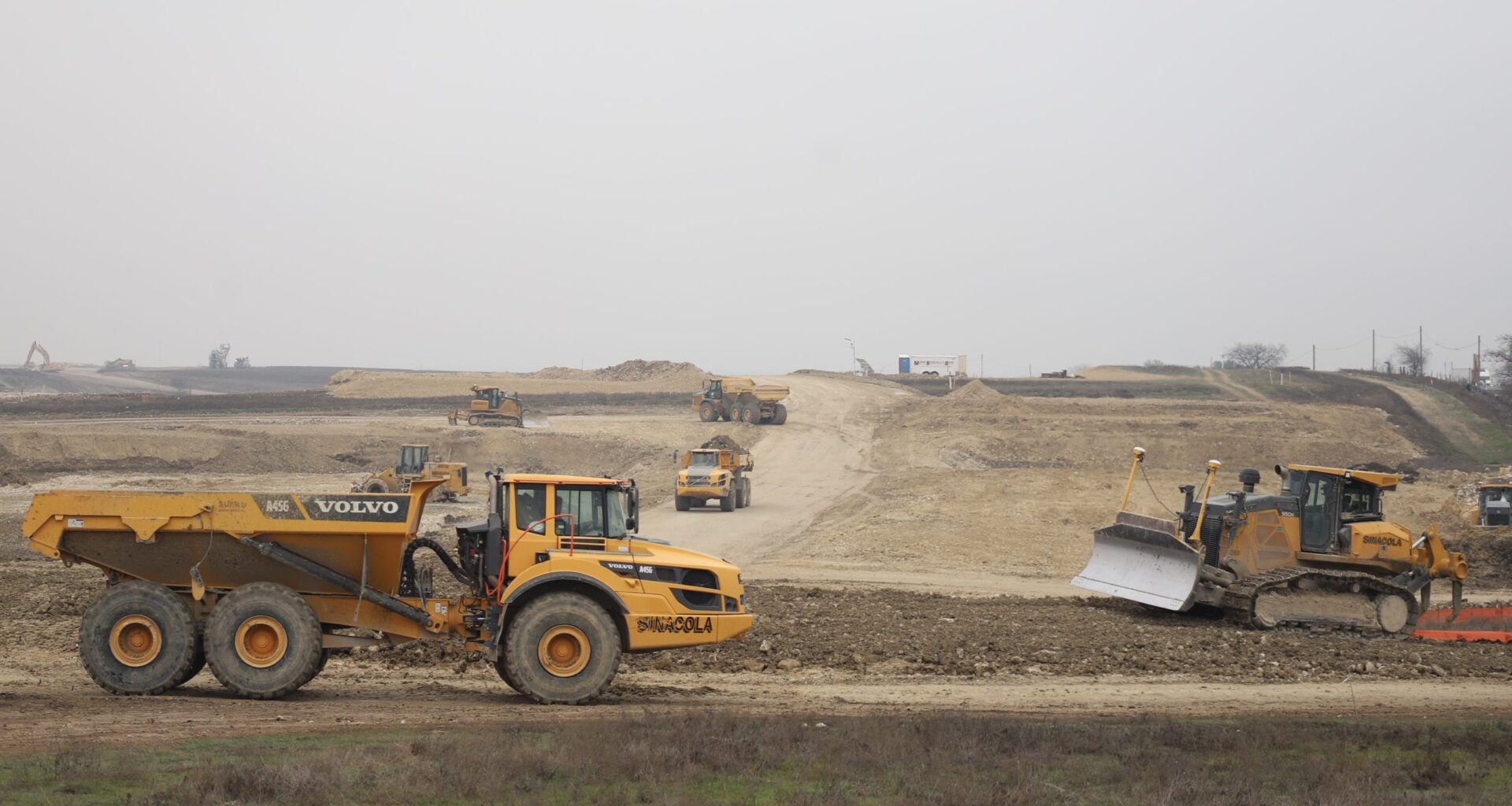A special tax district for the 7,200-acre Walsh development in west Fort Worth considered a key area for future economic development moved a step closer to formation as council members voted unanimously to hold a public hearing on Nov. 11 prior to a vote on the plan.
Funds from the special tax district could help pay for large projects such as new roads or utility lines in the fast-growing area, city leaders said.
“The Walsh TIF (tax increment financing district) lays the groundwork for sustainable, long-term growth by investing in the critical infrastructure — roads, water and sewer systems — that will attract new businesses, jobs and families to west Fort Worth,” said council member Michael Crain, whose district includes the Walsh development. “This initiative positions Walsh as a hub for innovation and economic opportunity ensuring that development happens thoughtfully and responsibly as we continue building one of the most dynamic areas in our city.”
Walsh is a master-planned development in west Fort Worth built on former ranchland owned by the Walsh family. The area is now home to major housing developments with about 2,500 residents.
The area is located near the intersection of Interstates 20 and 30, about 15 minutes west of downtown Fort Worth. The Walsh development began in 2017 with the 1,600 acres currently under development for residential use as a partnership between Walsh Companies and Republic Property Group of Dallas.
Major projects planned for the area include the 51-acre University of Texas at Arlington West campus, office towers and an H-E-B grocery store that was announced in July.
At a work session on Oct. 13, council members heard a presentation on the proposed Walsh Ranch Tax Increment Financing District.
A public improvement district was previously approved for the area, but Walsh officials said a tax district is better suited for critical infrastructure, according to the council presentation.
“It’s important to mention that it will accelerate the completion of major regional road, water, sewer and drainage projects,” said Ori Fernandez, assistant director for the city’s economic development department.
Tax financing districts allow a city to finance larger infrastructure projects without dipping into day-to-day operational budgets.
As tax financing districts attract investment and new development, the total taxable value of the area increases. The funds that make up the difference between the new taxable value and the original value are set aside to help pay for the public improvements within the district.
Officials with Walsh requested the tax district in order to help activate the future corporate campus area of the development south of Interstate 20.
Fort Worth would contribute 50% of taxes received to the Walsh taxing district for each year of the district’s 83-year lifespan but there would be no city sales tax participation.
Both Tarrant and Parker counties would be asked to participate, which could raise the amount of participation to 65%.
The city would consider economic development incentives for any project in the Walsh area on a case-by-case basis.
At full build out, Walsh expects to be home to 5,400 single-family homes and 10,000 multifamily units.
The area also includes plans for more than 8.7 million square feet of office space, 15 million square feet of industrial projects, and just under 4 million square feet of commercial and retail development, including a 700-room hotel.
The area in west Fort Worth, along with Veale Ranch to the south, gives the city a large area of land for future development of major projects.
In 2021, the loss of an economic development deal with electric carmaker Rivian forced the city to realize the importance of having infrastructure and land ready for manufacturers to start construction immediately, city officials have said.
Bob Francis is business editor for the Fort Worth Report. Contact him at bob.francis@fortworthreport.org.At the Fort Worth Report, news decisions are made independently of our board members and financial supporters. Read more about our editorial independence policy here.
Related
Fort Worth Report is certified by the Journalism Trust Initiative for adhering to standards for ethical journalism.
Republish This Story
Republishing is free for noncommercial entities. Commercial entities are prohibited without a licensing agreement. Contact us for details.
